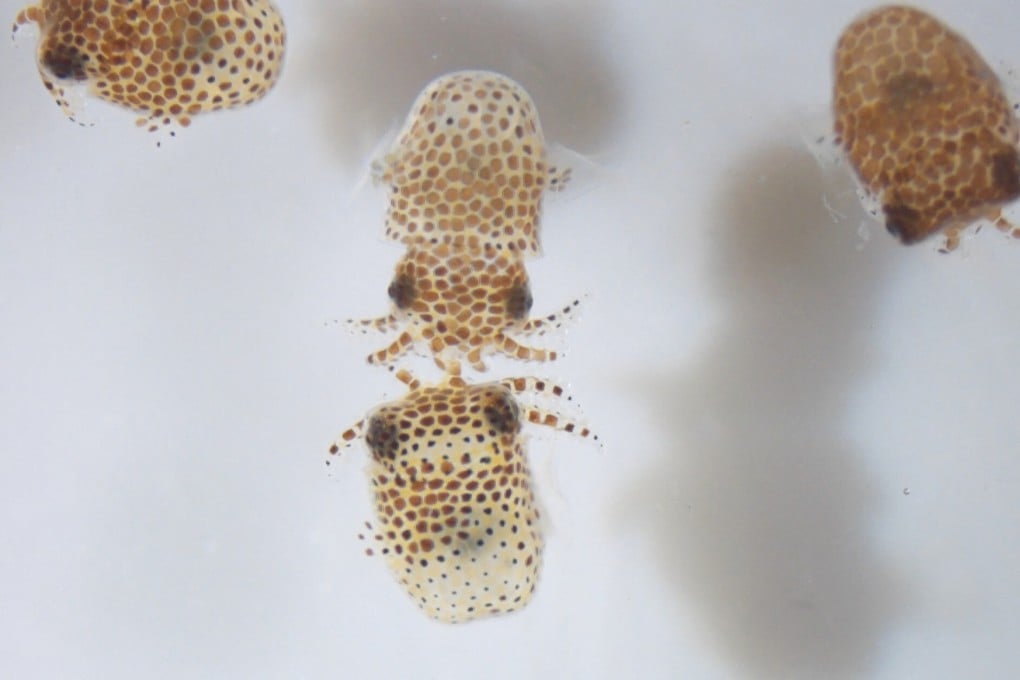SpaceX rocket carrying baby squid and ‘water bears’ takes off for International Space Station
- Scientists are hoping to study the effect of zero gravity on the interactions between bacteria and their hosts
- The experiment could help in the development of techniques to protect the health of astronauts on long missions

A SpaceX rocket took off on Thursday for the International Space Station carrying supplies for scientific experiments, including some surprising passengers – squid and virtually indestructible microorganisms called tardigrades.
The rocket, leased by Nasa, launched from Florida at 1.29pm local time. The Dragon capsule detached from the Falcon 9 rocket about 12 minutes after take-off and is expected to dock at the ISS on Saturday.
Young specimens of the species Euprymna scolopes, known as bobtail squid, are on board for the trip, so scientists can study the effect of zero gravity on the interactions between bacteria and their host organisms.
Some of the squid will be exposed to bacteria once on board the ISS, while others will be left alone. After 12 hours, the specimens are preserved until their return to Earth, where they will be studied.

“Animals, including humans, rely on our microbes to maintain a healthy digestive and immune system,” said Jamie Foster, the principal investigator in the experiment, in a statement. “We do not fully understand how space flight alters these beneficial interactions.”
The experiment could help scientists in the future to develop techniques to protect the health of astronauts taking part in long-duration missions in space.